Contract assembly in manufacturing offers numerous advantages for companies looking to streamline their production processes. By outsourcing the assembly process to specialized third-party companies, businesses can benefit from cost-effectiveness, as well as the ability to focus on their core competencies. Contract assembly also provides access to specialized expertise, allowing companies to tap into the knowledge and skills of assembly professionals.
Additionally, it offers flexibility and scalability in production, enabling companies to bring products to market more quickly. However, it is important to consider potential risks and implement quality control measures to ensure successful contract assembly. In this comprehensive guide, we break down everything you need to know about contract assembly.
What Is Contract Assembly?
Contract assembly is a strategic manufacturing approach where a company outsources the assembly of its products to specialized contract manufacturers. This process involves providing these manufacturers with the necessary raw materials and product design specifications, allowing them to efficiently assemble a wide range of finished products according to the client’s requirements.
The contract assembler becomes an integral part of the client’s supply chain, aligning their business model with the client’s business goals to ensure timely, cost-effective, and high-quality production. This collaborative arrangement allows companies to focus on their core competencies while leveraging the expertise of contract assemblers to streamline production and achieve their market objectives.
Contract Assembly Vs. Contract Manufacturing
Contract manufacturing and contract assembly are two distinct outsourcing models within the manufacturing industry. While both involve collaborating with external partners, they serve different purposes.
Contract manufacturing encompasses a broader scope, where a company outsources the entire production process, from sourcing raw materials to assembling individual components and packaging finished products. Different types of contract manufacturing are suitable for projects with diverse requirements, such as electronics or consumer goods manufacturing.
In contrast, contract assembly is a more specialized arrangement where a company outsources only the assembly of pre-manufactured components or parts. It is typically chosen for projects with specific assembly needs, like complex machinery or customized products. The main difference lies in the extent of outsourcing: contract manufacturing handles the entire production process, while contract assembly focuses solely on the assembly stage.
Contract manufacturing services
Examples of Contract Assembly
Below are some of the most common industries that have manufacturing contracts for assembly of their products:
- Pharmaceutical Industry: Contract assembly involves precise medication packaging to meet safety and regulatory standards.
- Consumer Electronics and Electrical Products: Assembly of complex circuit boards and electrical components for consumer products.
- Automotive Industry: Contract assembly for specialized vehicle parts requires the engineering expertise offered by skilled workers.
- Food Companies: Contract assembly for packaging and labeling in food manufacturing, ensuring consistency and quality.
Benefits of Contract Assembly
Contract assembly offers businesses the dual advantage of reduced costs and adherence to stringent quality standards, making it an ideal choice for efficiently producing complex products. This outsourcing strategy allows companies to streamline their production processes while ensuring top-notch product quality, ultimately boosting their competitiveness in the market. Below are the key benefits of contract assembly.
Cost-effective
Contract assembly is a cost-effective solution for companies looking to outsource production operations. By outsourcing the assembly process to specialized third-party companies, companies can save on production costs, material costs, inventory costs, and labor costs associated with setting up and maintaining their own assembly lines. These specialized contract assembly providers often have the necessary equipment and expertise to efficiently assemble products.
They can streamline the assembly process, reducing labor costs and increasing productivity. Additionally, contract assembly allows companies to avoid the overhead costs associated with managing an in-house assembly team. By outsourcing assembly, companies can focus on their core competencies and allocate resources to other areas of the business. This can lead to increased efficiency and overall cost savings for the company.
Focus on Core Competencies
Companies can concentrate on their main component strengths by outsourcing the assembly portion of their manufacturing process, allowing them to focus on areas where they excel. By entrusting the assembly process to a specialized third-party company, companies can redirect their resources towards core competencies such as research and development, marketing, and customer service. This strategic move helps companies optimize their performance and stay ahead of the competition. Contract assembly providers have the expertise and experience to efficiently handle assembly operations, ensuring high-quality products and timely delivery.
Access to Specialized Expertise
Outsourcing the assembly process to a specialized third-party company allows companies to tap into the specialized expertise of contract assembly providers. These providers have extensive knowledge and experience in assembly processes, which can be advantageous for companies.
By partnering with contract assembly providers, companies can benefit from their in-depth understanding of the intricacies and best practices of assembly operations, ensuring higher-quality products are produced. This expertise can help companies streamline their assembly processes, improve efficiency, and ensure high-quality products. Contract assembly providers have access to advanced equipment and technologies, further enhancing their ability to deliver exceptional assembly services.
Flexibility and Scalability
Flexibility and scalability are key benefits that companies can achieve by utilizing contract assembly for their production operations. Contract assembly allows companies to adapt to changing market demands and adjust their production volumes accordingly. With contract assembly, companies have the flexibility to increase or decrease the number of products being assembled based on market demand, without the need for significant investments in equipment or labor. Additionally, contract assembly providers often have multiple production facilities and resources, allowing them to scale up production quickly and efficiently.
Faster Time-To-Market With Contract Assembly
By leveraging contract assembly, companies can expedite their product launch and get to market faster. Contract assembly allows companies to outsource the assembly process of their products to specialized third-party manufacturers, leading to a faster production time. This strategy offers several advantages, including faster time-to-market. By outsourcing assembly, companies can streamline their production process and reduce lead times.
They can focus on other critical aspects of product development and marketing while leaving the assembly to experts. Contract assembly providers have specialized expertise in assembly processes and can efficiently carry out assembly tasks. This expertise, combined with their dedicated resources, can significantly reduce the time required to assemble products. Ultimately, faster time-to-market can give companies a competitive edge by allowing them to meet consumer demands more quickly.
How does the contract manufacturing process work?
Contract Manufacturing Services
If you have a business plan but are looking for help to execute your vision, contract manufacturing companies are the ultimate solution. The Alpha Contract Manufacturing Group is dedicated to bringing you the highest quality outsourcing services. We have a strong network of local companies who we work closely with to bring you a variety of manufacturing services, including machining, wood processing, and electromechanical services. Our mission is to make your manufacturing process as seamless as possible.
Frequently Asked Questions
What types of products are suitable for contract assembly?
Complex machinery, electronic devices, medical equipment, consumer electronics, and customized products are all examples of products that often benefit from contract assembly.
How is quality control maintained in contract assembly?
Quality control measures are typically implemented through rigorous inspections, adherence to industry standards, and quality assurance protocols established between the contracting parties.
What considerations should a company keep in mind when selecting a contract assembly partner?
Factors to consider include the partner’s expertise, track record, capacity, location, cost-effectiveness, and ability to meet specific project requirements.







